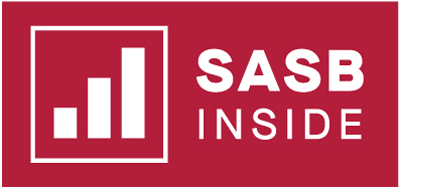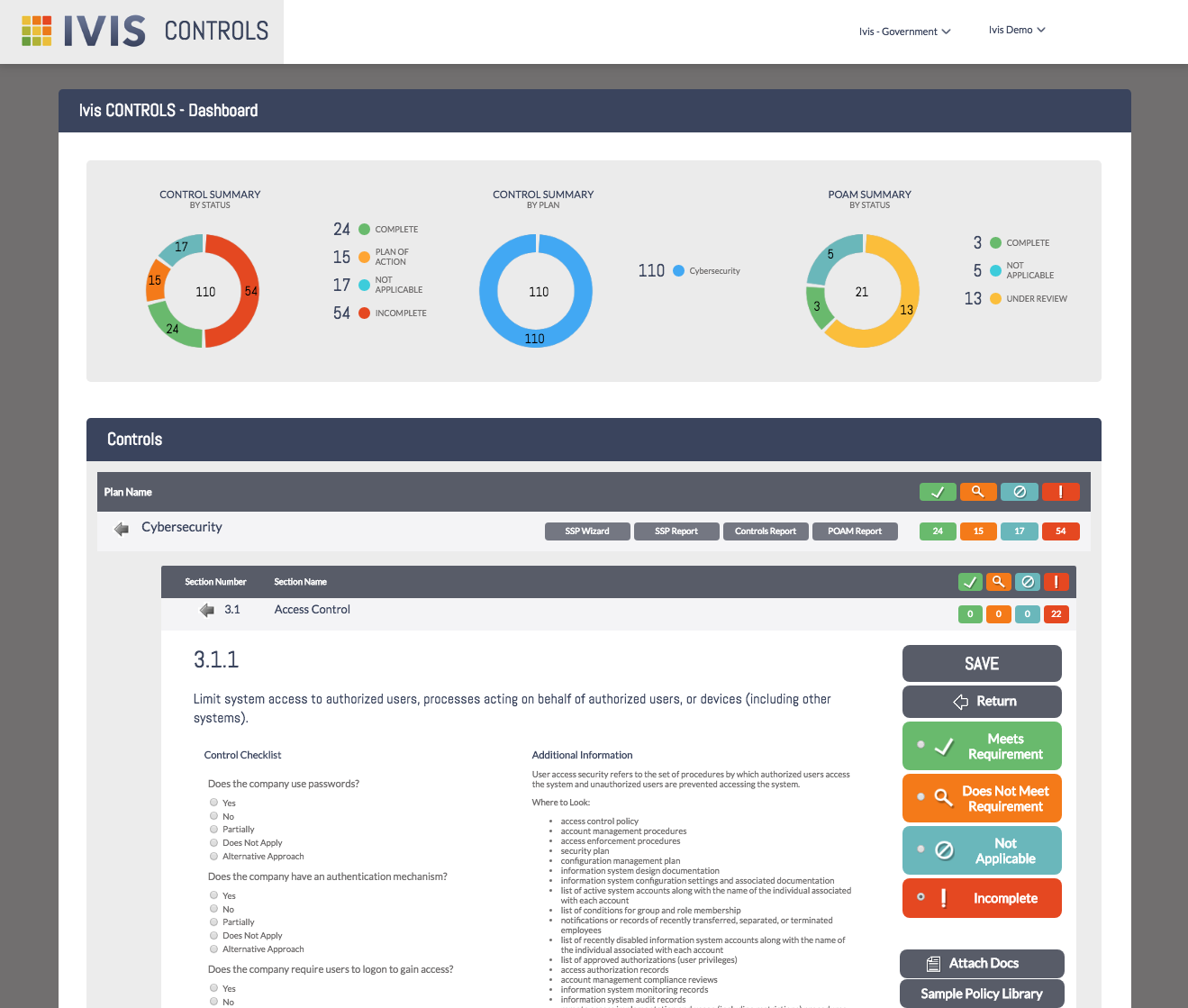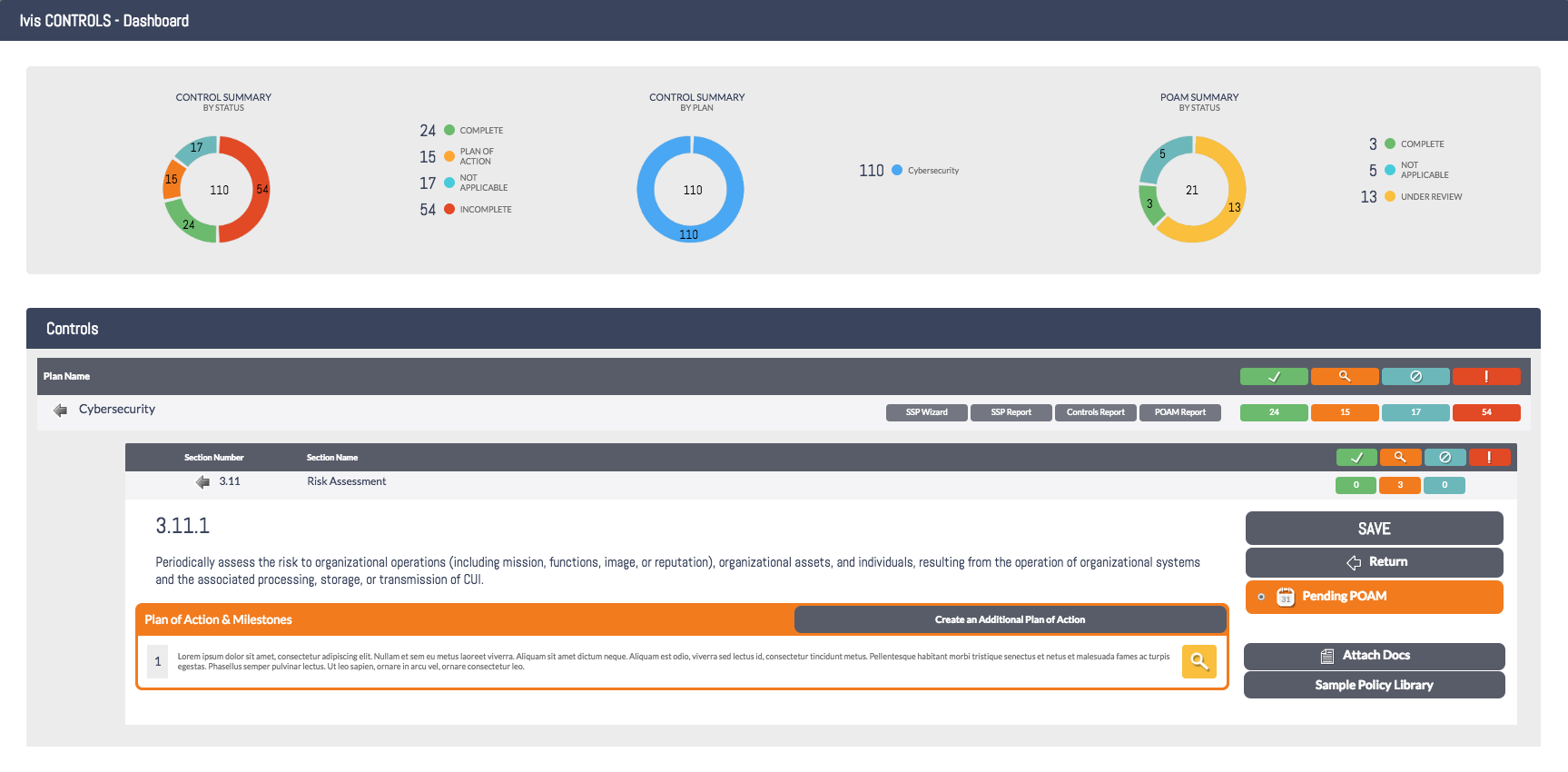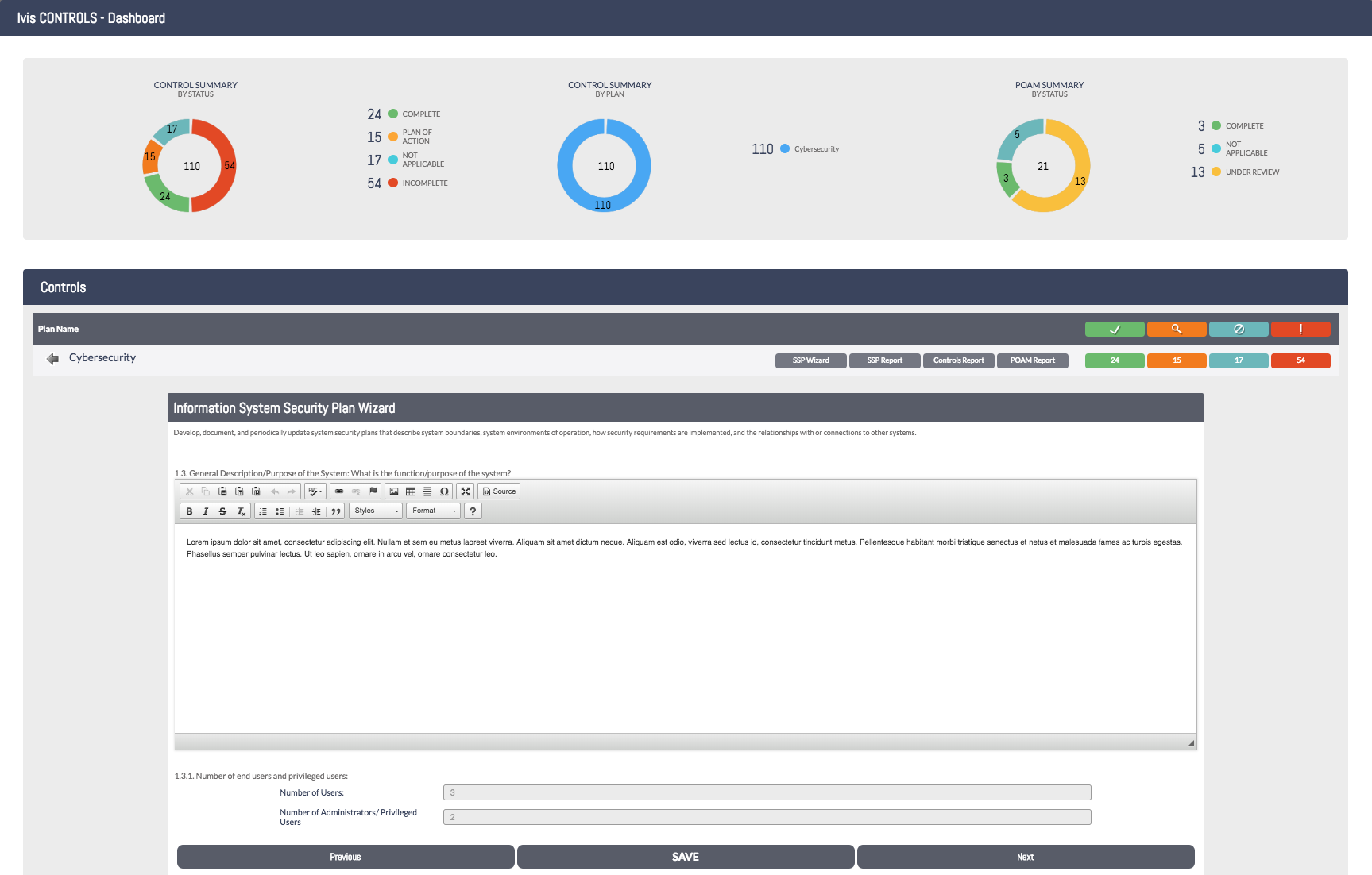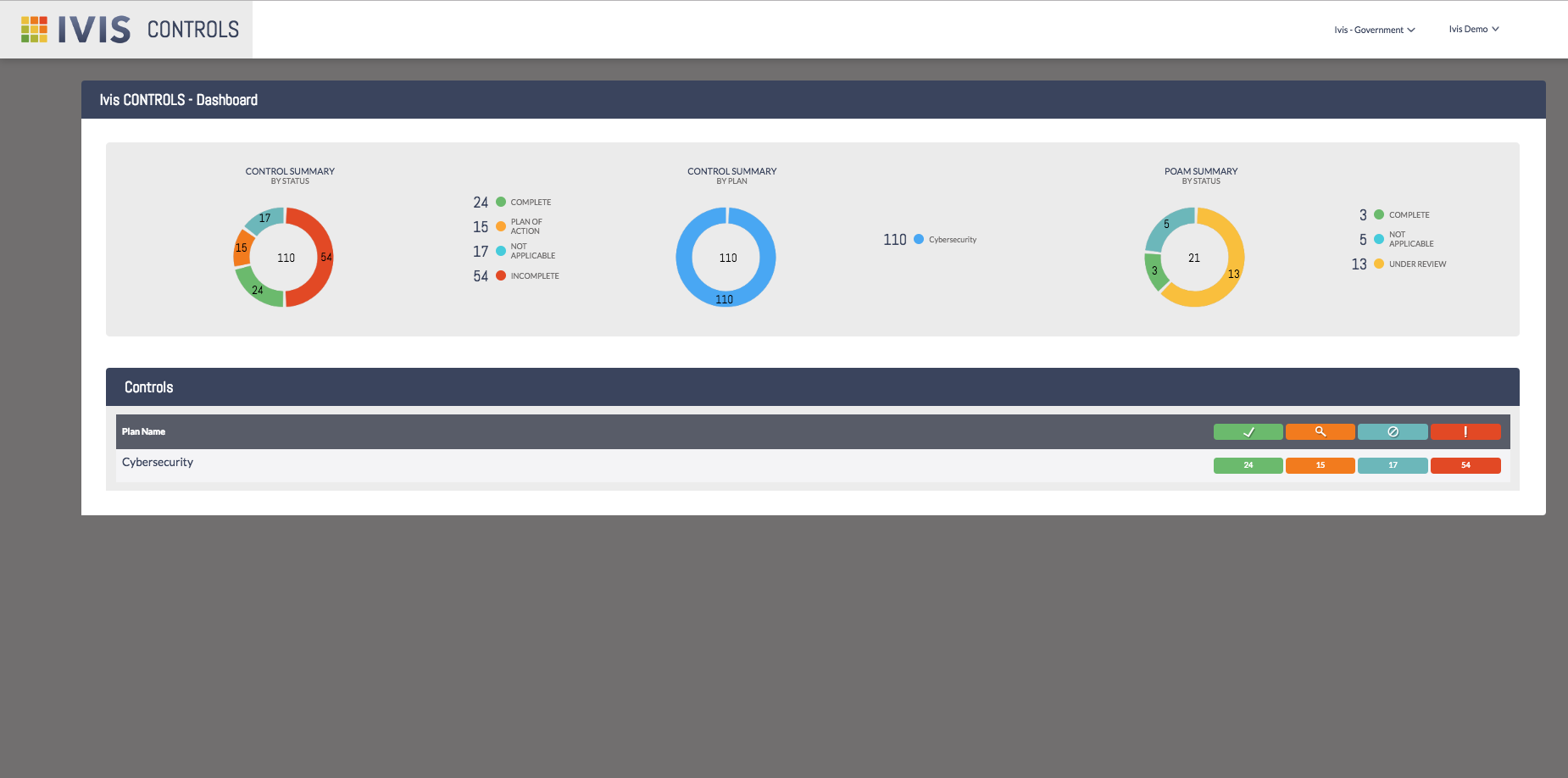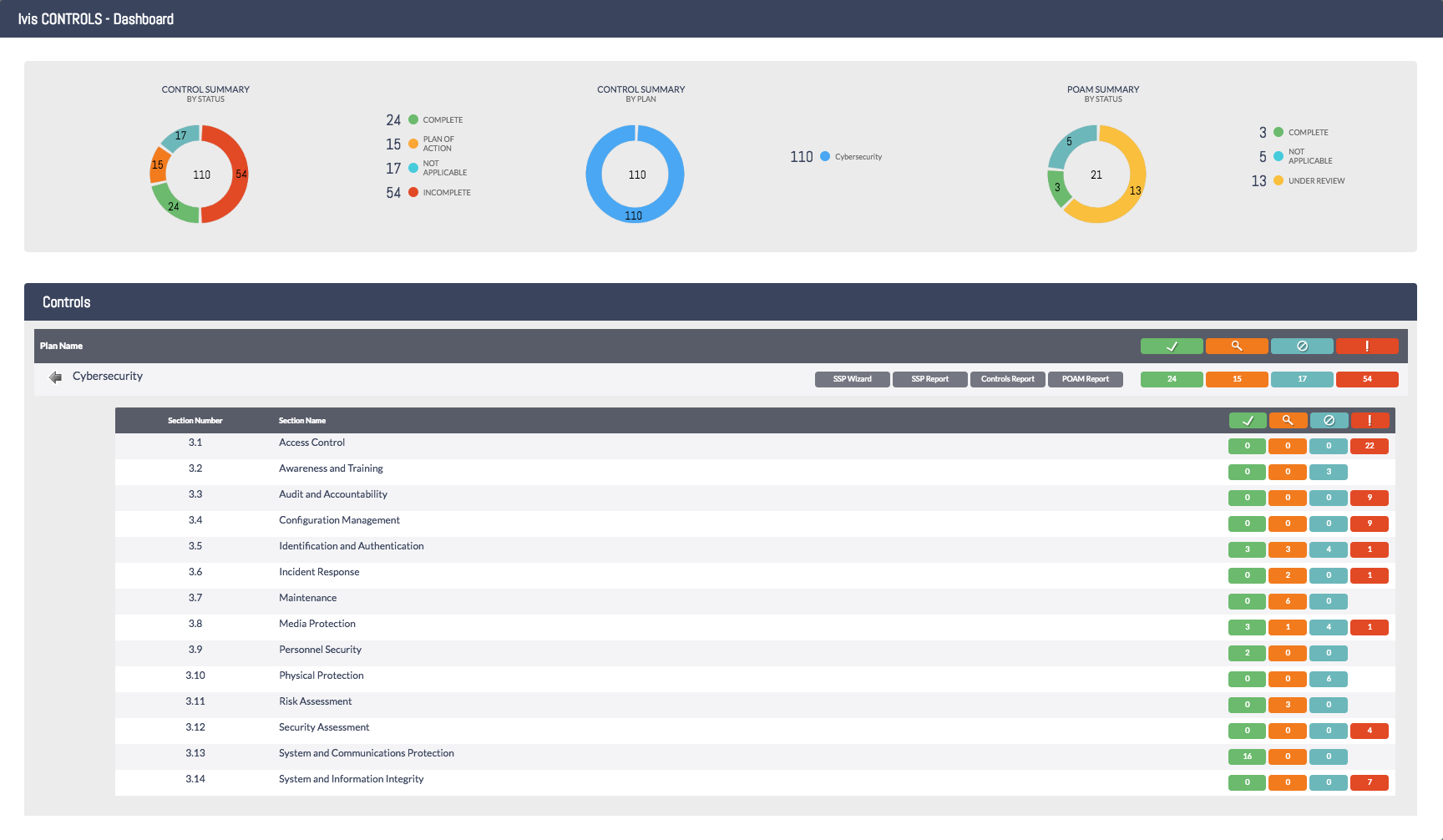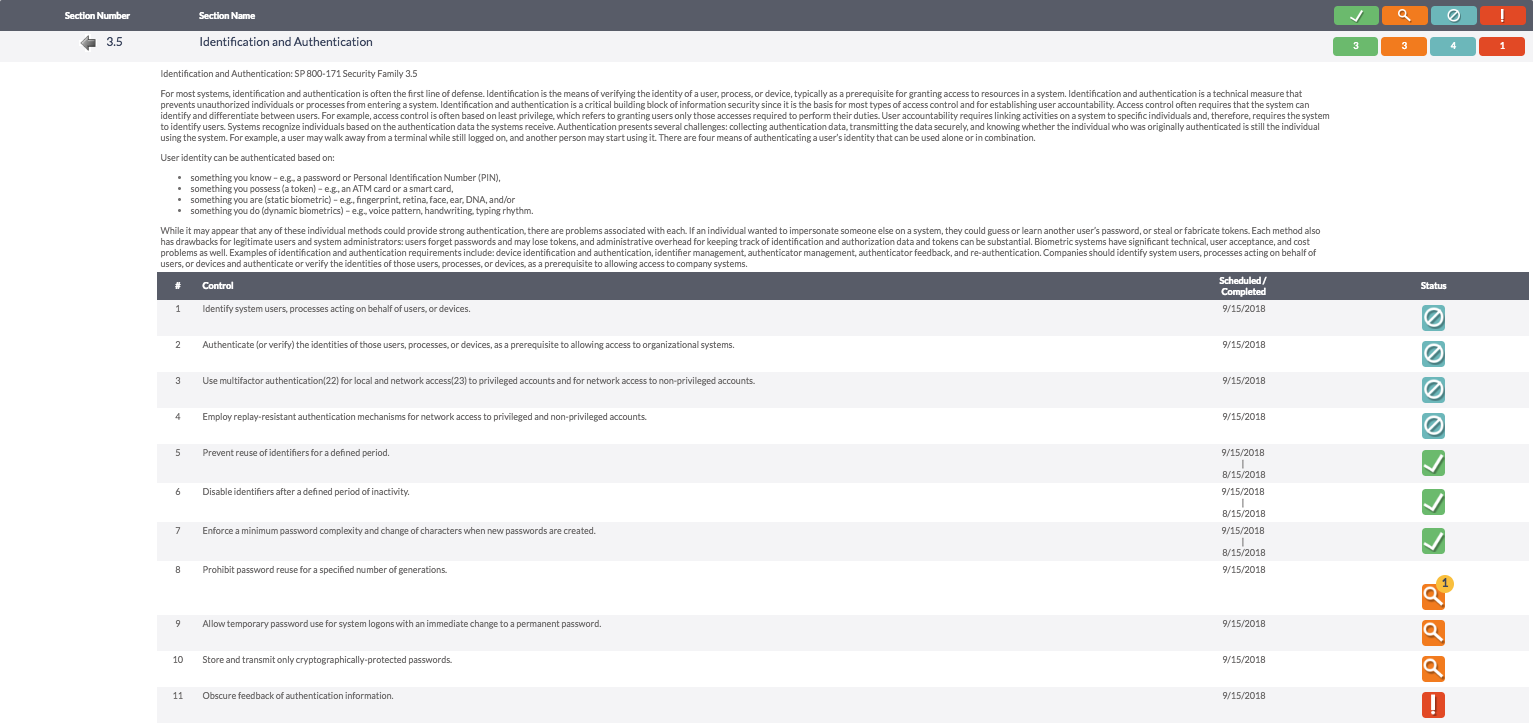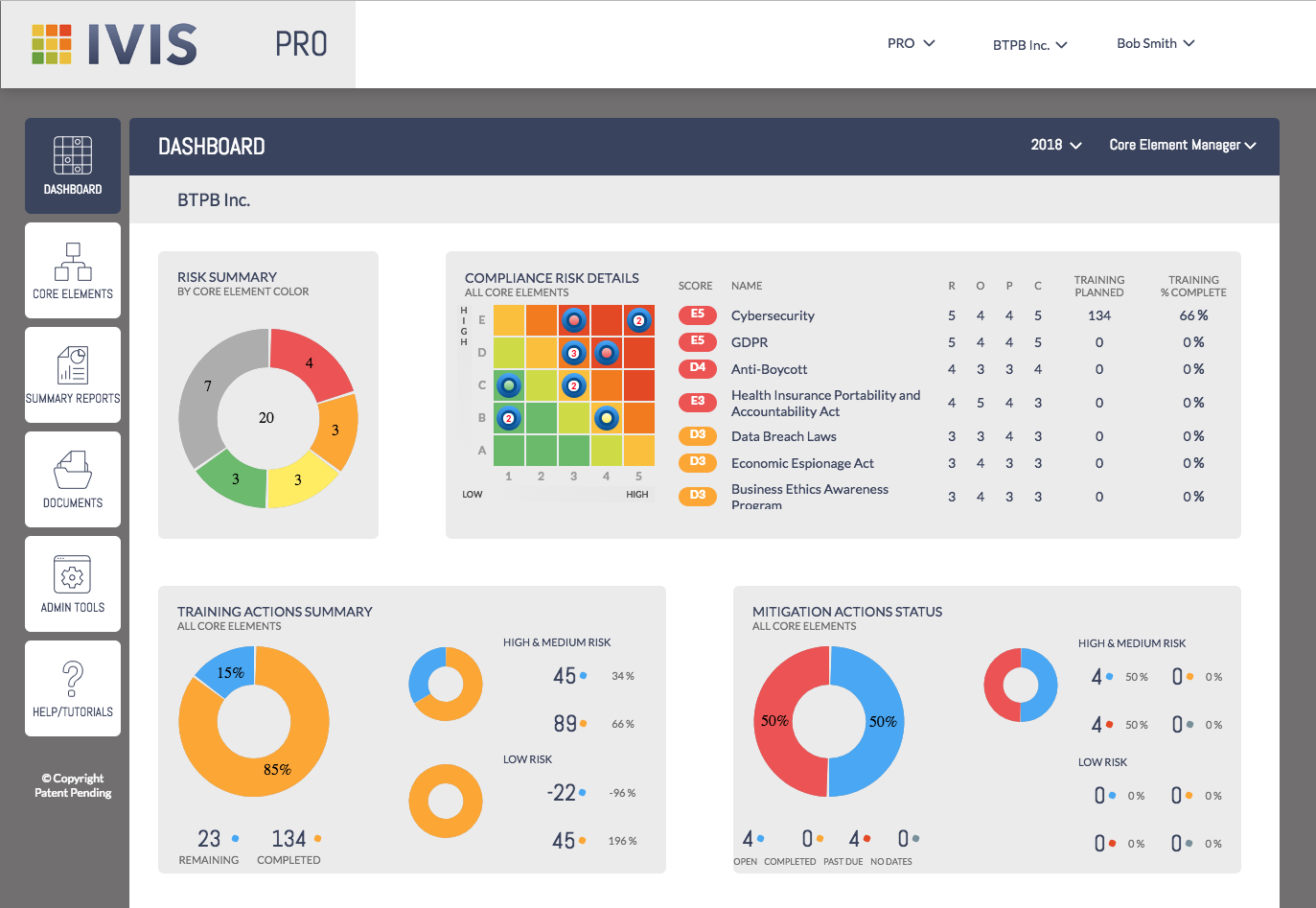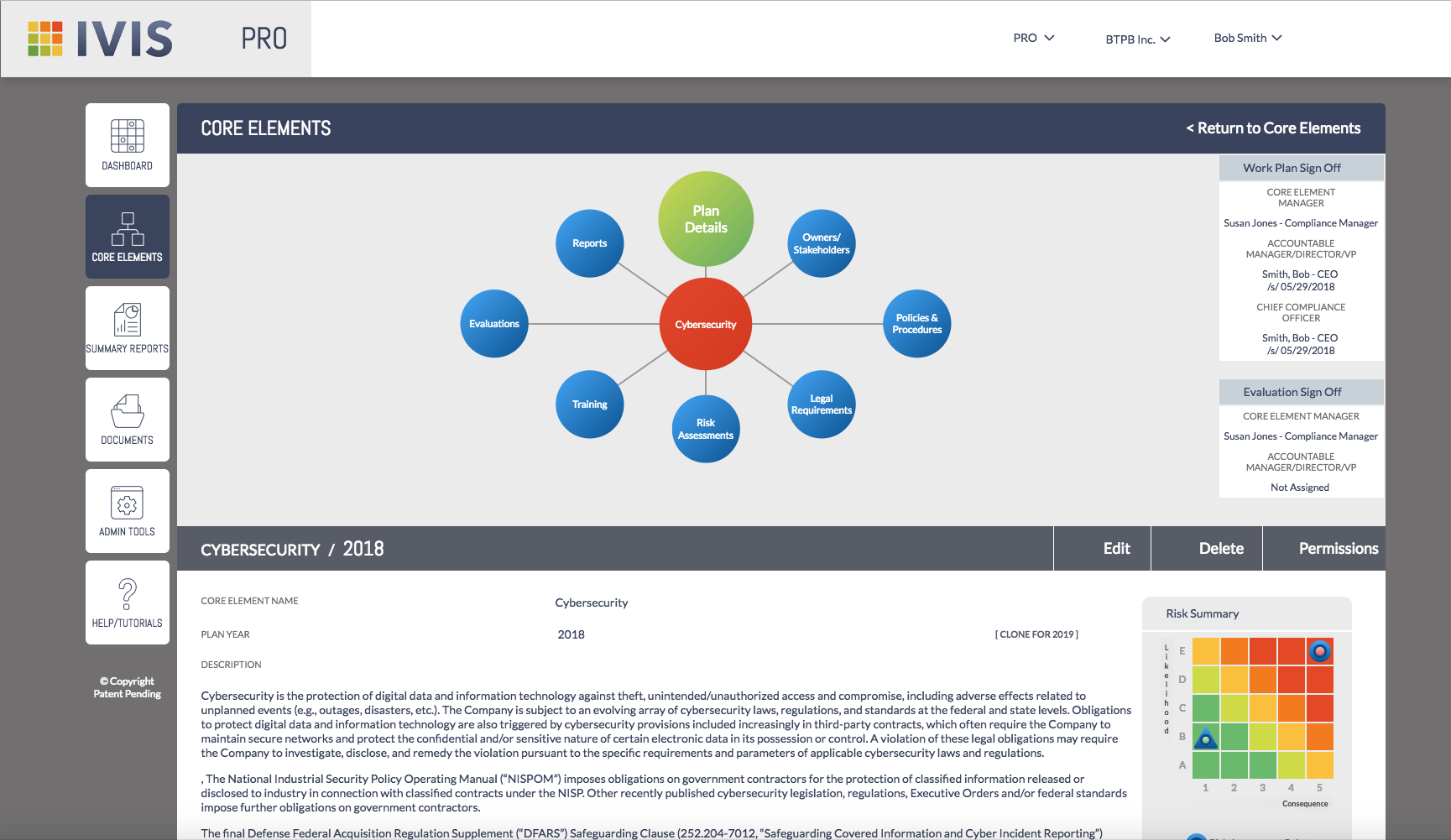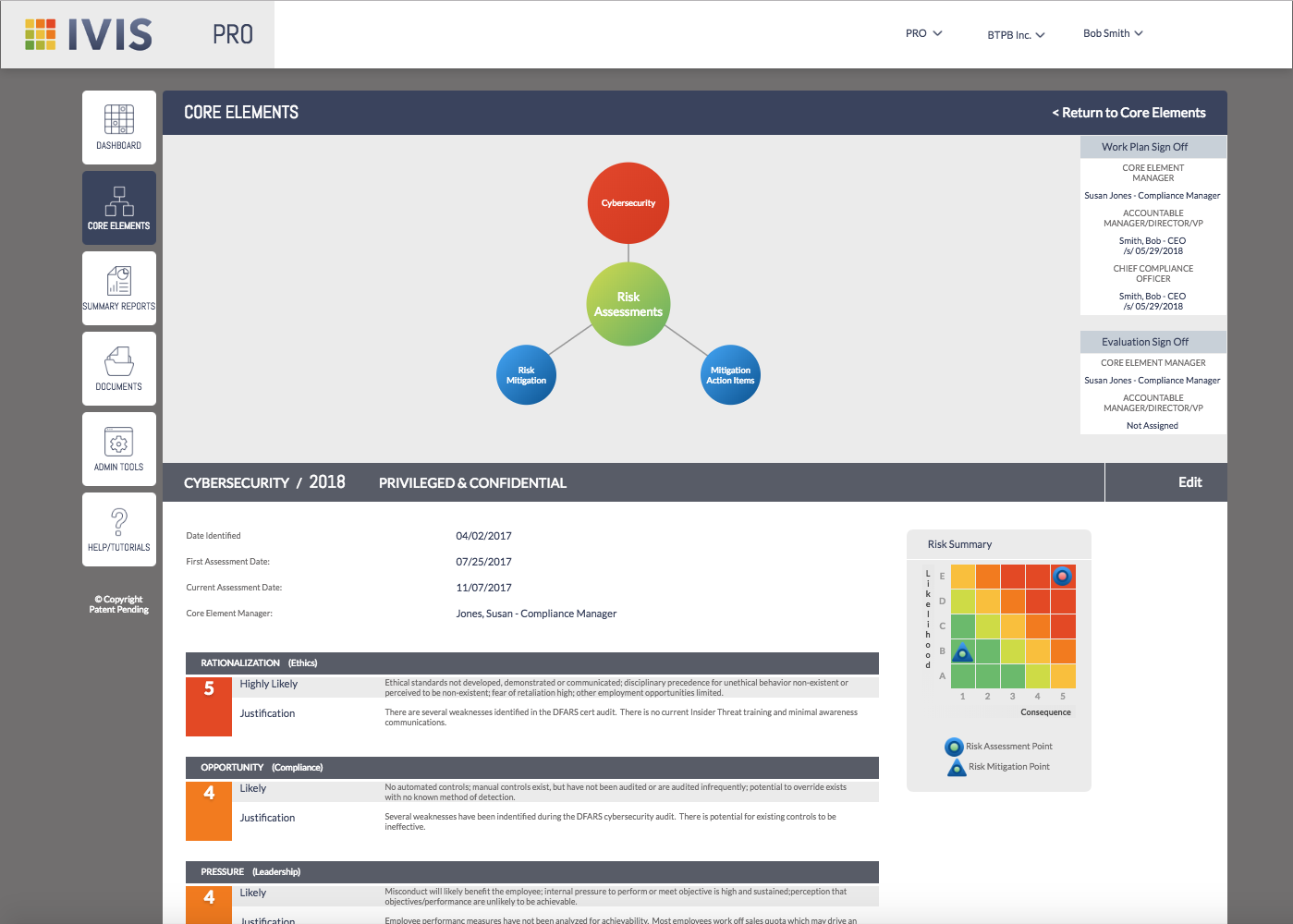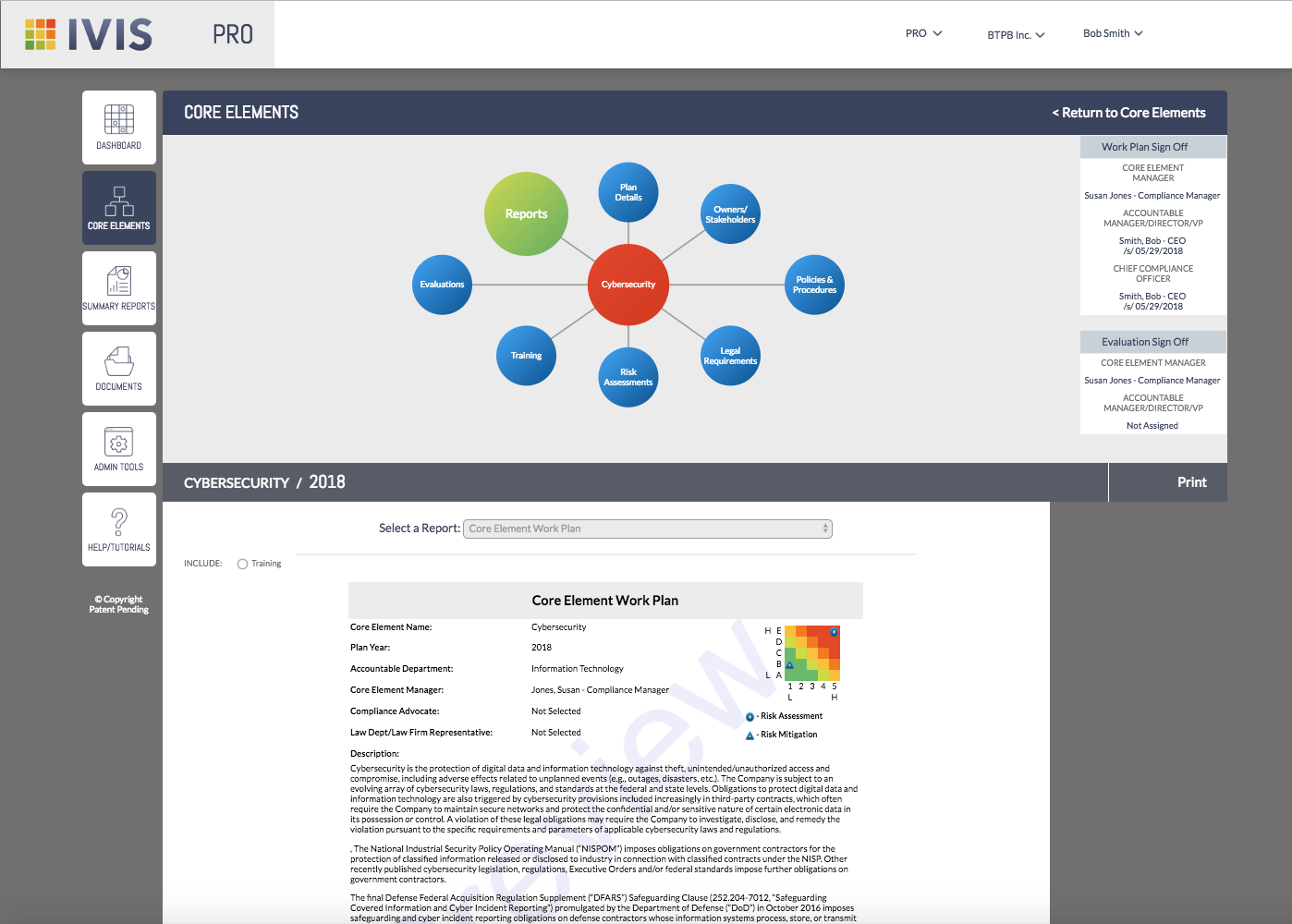Ivis SUSTAINABILITY
Sustainability Roadmap to Success
Implementing a sustainability strategy has become increasingly important for companies across the globe. An effective strategy can improve a company’s reputation, attract investment, and create positive social and environmental impact, all while promoting long-term financial stability. Factors such as environmental, social, and governance are critical in determining a company’s overall sustainability and impact on society and the environment. As stakeholders, including customers, investors, and regulators, become more focused on sustainability issues, companies prioritizing these factors will likely have a competitive advantage in the long run.
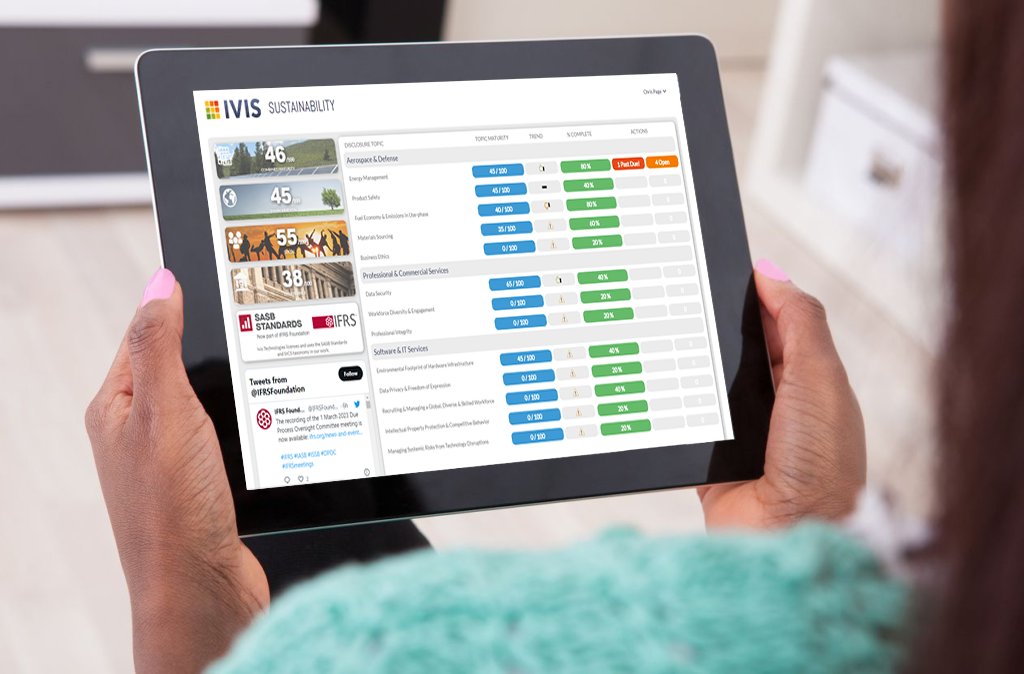
Process and Pillars
An effective sustainability program incorporates a horizontal data stream of Process inputs into a vertical data stream to form four pillars of situational awareness. These four pillars provide insight into the status of a Program by answering these four questions. Where are you? Where do you need to be? How will you get there? How will you know? Feeding information to these four pillars is the horizontal data stream of the Process used to implement a sustainability program. A simple to implement and understand the process for implementation is Plan, Assess, Mitigate, Report, and Improve.
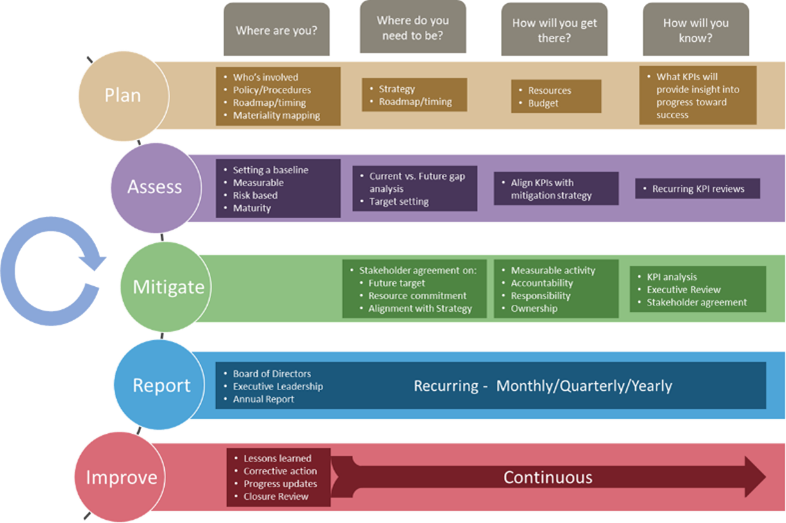
Four Pillars of Situational Awareness
Where are you? The current state is not just the first day, first assessment, or first report. It’s a point-in-time collection of all the outputs from the process used to implement and manage the sustainability program and sets the stage for setting goals, targets, resource allocation, etc.
Where do you need to be? This pillar involves determining whether the current state doesn’t match company sustainability objectives regarding values, priorities, goals, and risk acceptance.
How will you get there? An action plan would outline the steps to achieve the company’s sustainability goals and targets. The Plan would include timelines, responsibilities, and metrics to track progress. The Plan should also consider the cost implications of the actions proposed and ensure that the actions taken are financially sustainable.
How will you know you’re successful? Key performance indicators (KPIs) should be identified to measure the success of a sustainability strategy. These KPIs should be monitored regularly to track progress and ensure that the company is on track to achieve its goals and targets. Stakeholder agreement is essential to determining the success of mitigation activity and overall Program success.
Process, Process, Process
Plan: Companies must develop a comprehensive sustainability Plan that aligns with their values and business objectives. This Plan involves identifying stakeholders, roles and responsibilities, policy/procedure updates, and setting clear goals and targets. It includes things such as budgeting, KPI identification, and materiality mapping.
Assess: Conducting a sustainability assessment is an extension of materiality mapping which involves evaluating the potential impacts of sustainability issues on the organization’s financial performance, reputation, and stakeholder relationships. It allows companies to identify areas of strength and weaknesses and set the stage for developing a plan to improve their sustainability program.
Mitigate: An effective sustainability program identifies and prioritizes the most relevant weaknesses of the organization. Based on this prioritization, mitigation strategies are developed to improve the current assessment to a more acceptable future state aligned with organizational values towards employees, stakeholders, and the environment. Regularly tracking and reporting KPIs is an essential part of an effective mitigation activity and is a key input for answering the question, “Where are you?”.
Report: Transparent and accurate reporting on sustainability performance is the Process step crucial to building trust with employees, stakeholders, and investors. Whether reporting monthly, quarterly, or annually, an effective sustainability program provides regular updates on progress toward sustainability goals and targets. Periodicity of reporting and to whom should be documented and planned during the Plan phase of the Process.
Improve: Implementing a continuous improvement loop for a company’s sustainability program is a practical way of demonstrating a commitment to sustainability and responsible business practices to investors, consumers, and other stakeholders. Companies should periodically evaluate their program and document lessons learned from each step of the Process. Corrective action plans are created, documented, and tracked to closure with the results provided as input to answer, “Where are we?”. Companies must continuously monitor and improve their sustainability practices. This involves setting new targets, identifying opportunities for improvement, and implementing best practices.
Ivis Sustainability
Ivis Sustainability software provides all the necessary solutions for implementing and managing a sustainability program for large or small companies, whether experienced or just starting their sustainability journey.
Ivis Sustainability allows companies to meet required or voluntary sustainability disclosures by offering a solution that provides answers to situational awareness from a simple, repeatable process. This involves providing a solution that assists in developing a clear sustainability strategy that aligns with a company’s overall business objectives, priorities, and values. It consists of a solution that helps identify and prioritize the most relevant industry sustainability topics. It assists with setting targets and metrics that are specific, measurable, achievable, relevant, and time-bound. It includes establishing robust governance and oversight mechanisms, including board-level oversight and accountability and a continuous improvement loop to demonstrate commitment to sustainability and responsible business practices.
In summary, an effective sustainability program is essential for companies to remain competitive and sustainable in today’s business environment. A comprehensive approach can improve the bottom line, mitigate risks, and attract investors and customers who prioritize sustainability and ethical practices.
Ivis offers flexible pricing designed to align with your business budget. Every organization has different compliance requirements, number of employees, business type and internal structure. To meet these varying needs, Ivis offers pricing options, one of which will fit your needs. Contact [email protected] for more information.
